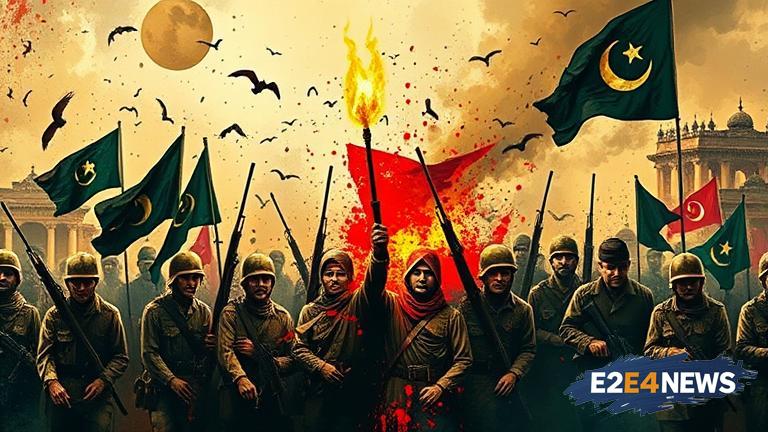The government of Bangladesh has strongly rejected the claims made by Pakistan’s Foreign Minister, Bilawal Bhutto-Zardari, regarding the 1971 genocide. The Foreign Minister of Pakistan had recently stated that the number of casualties during the Bangladesh Liberation War was exaggerated. However, the Bangladesh government has termed these claims as a blatant attempt to distort history and deny the atrocities committed by the Pakistani army during the war. The 1971 genocide, which occurred during the Bangladesh Liberation War, is a highly sensitive topic in Bangladesh, with estimates suggesting that up to 3 million people were killed and millions more displaced. The Pakistani army, along with its collaborators, carried out widespread atrocities, including mass killings, rapes, and arson, in an attempt to crush the Bengali nationalist movement. The Bangladesh government has consistently maintained that the genocide was a systematic and deliberate attempt to destroy the Bengali people and their culture. The Pakistani government, on the other hand, has never officially acknowledged the atrocities committed during the war, and has instead tried to downplay or deny them. The recent claims made by the Pakistani Foreign Minister are seen as a continuation of this policy of denial and distortion. The Bangladesh government has expressed its strong condemnation of these claims, and has reiterated its demand for an official apology from Pakistan for the atrocities committed during the war. The issue of the 1971 genocide is not just a matter of historical record, but also has significant contemporary implications. It is a reminder of the importance of protecting human rights and preventing similar atrocities from occurring in the future. The international community has a responsibility to acknowledge and condemn such crimes, and to hold perpetrators accountable. The Bangladesh government has called on the international community to support its efforts to bring the perpetrators of the 1971 genocide to justice. The government has also announced plans to observe the anniversary of the genocide with special ceremonies and events, in order to raise awareness about this important chapter in the country’s history. Meanwhile, human rights organizations and civil society groups in Bangladesh have welcomed the government’s strong stance on the issue, and have called for greater international pressure on Pakistan to acknowledge its role in the genocide. The 1971 genocide is a powerful reminder of the importance of promoting tolerance, understanding, and respect for human rights. It is a warning against the dangers of extremism, nationalism, and militarism, and a call to action for all those who believe in the importance of protecting human dignity and promoting peace and justice. The Bangladesh government’s rejection of Pakistan’s claims is a significant step towards promoting a more accurate understanding of this important historical event, and towards ensuring that the victims of the genocide receive the justice and recognition they deserve. The international community must support Bangladesh’s efforts to promote truth, justice, and accountability, and to prevent similar atrocities from occurring in the future. In conclusion, the 1971 genocide is a highly significant event in the history of Bangladesh, and its legacy continues to shape the country’s politics, society, and culture. The Bangladesh government’s strong stance on the issue is a welcome development, and a testament to the country’s commitment to promoting human rights and justice. The international community must support Bangladesh’s efforts to promote a more accurate understanding of this important historical event, and to ensure that the victims of the genocide receive the justice and recognition they deserve.
